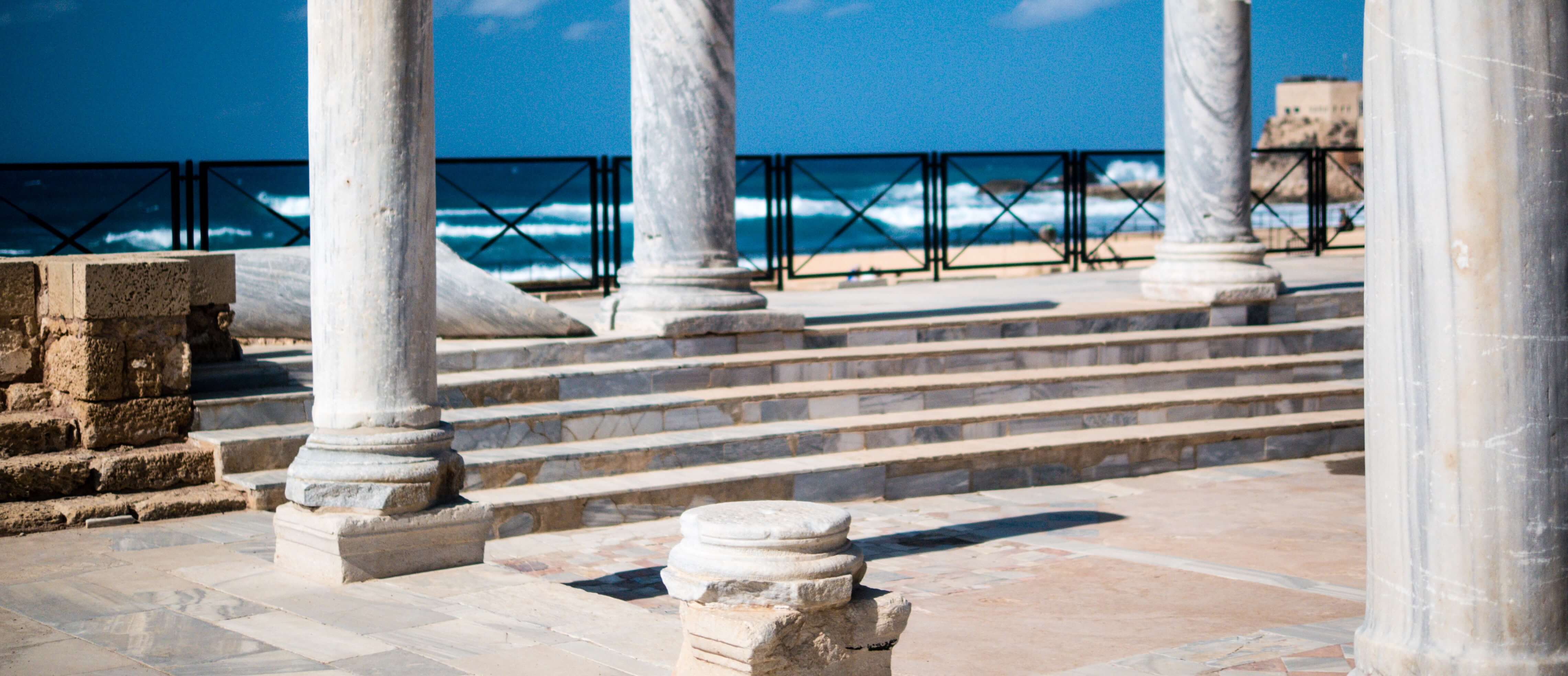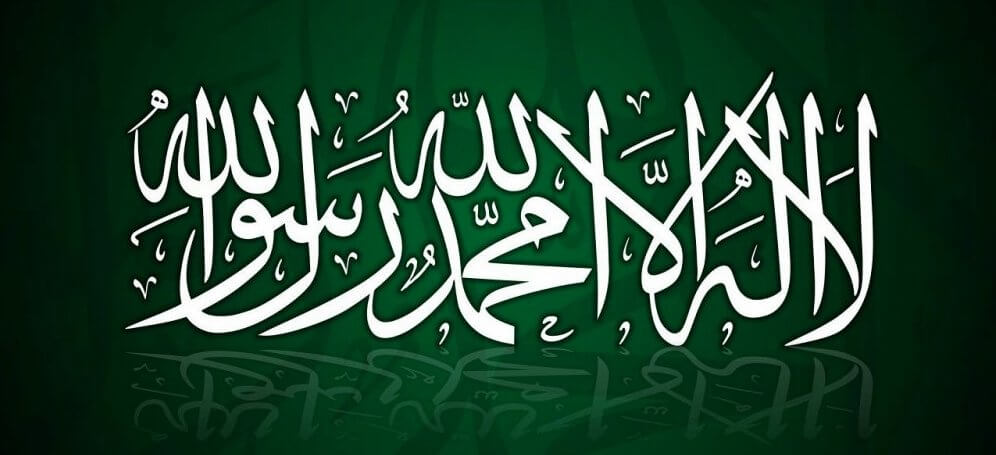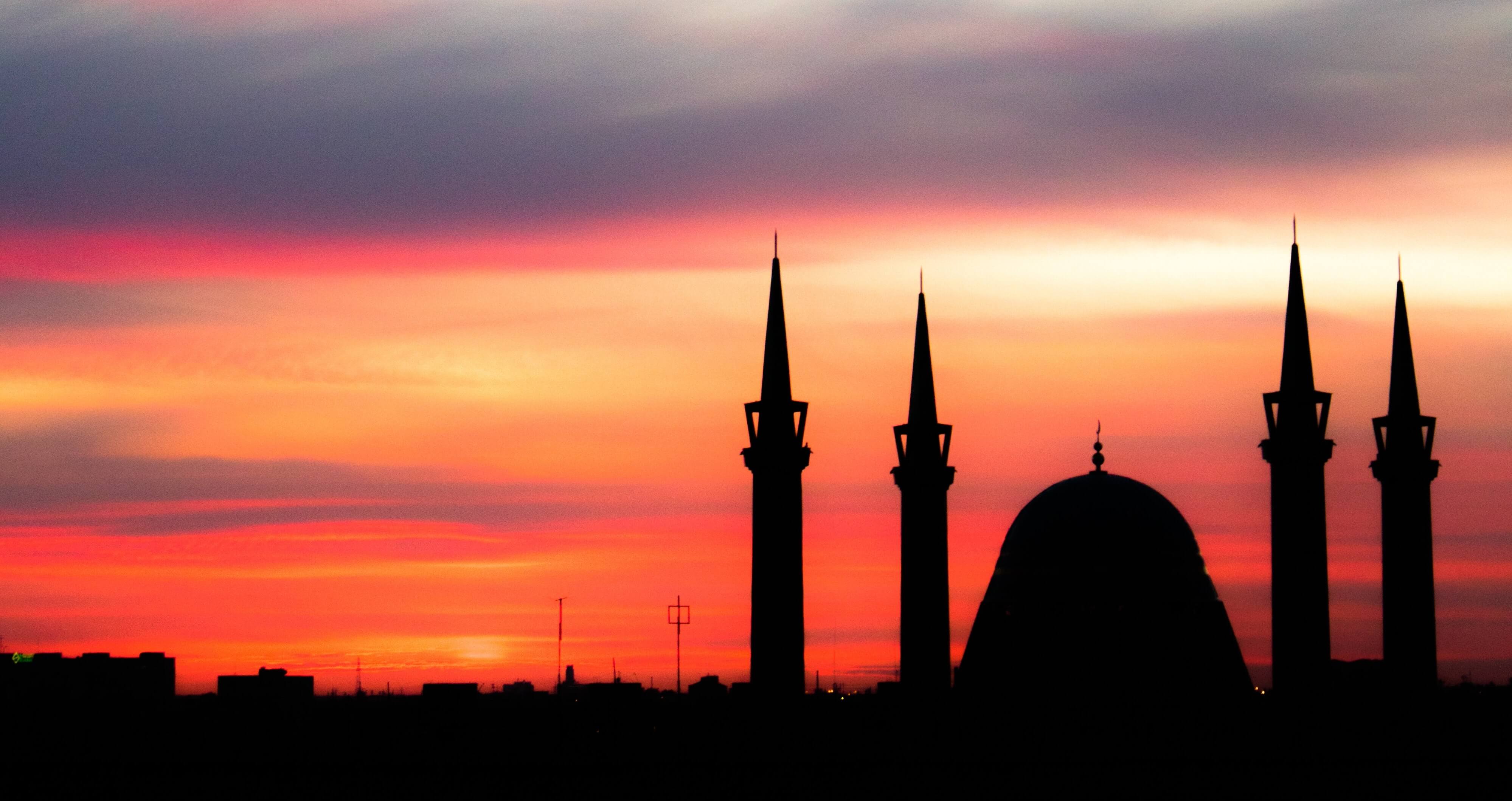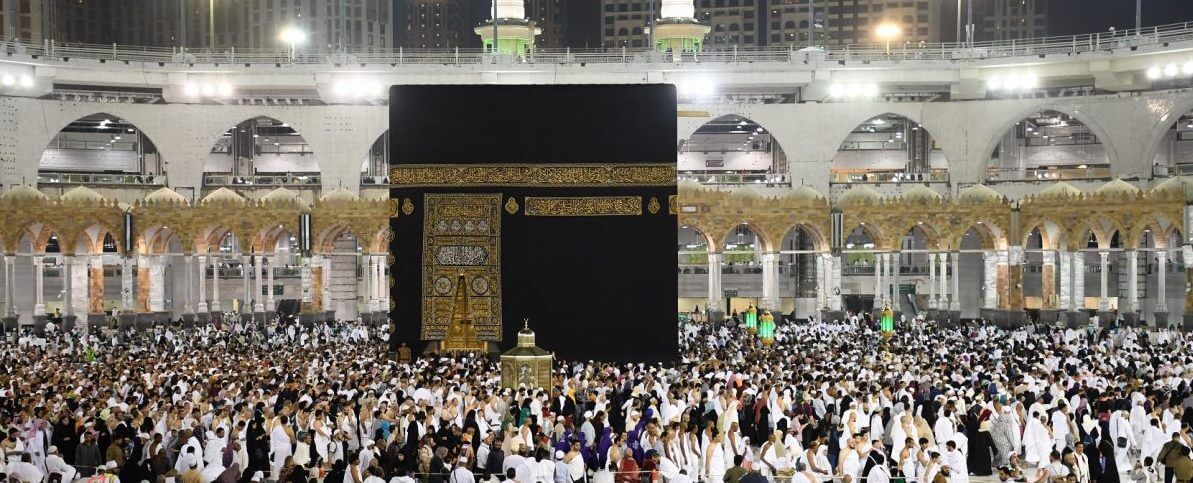
What are the five pillars of Islam?
Islam consists of five pillars which every Muslim must adhere to. It is considered disbelief to leave out any of those pillars. Thus it is of utmost importance.
 Islam is founded on five (pillars):
1. Shahada: Bear witness that none has the right to be worshiped except Allah, and that Muhammad is His Messenger.
2. Five Daily Obligatory Salat: Performing the Five Obligatory Prayers.
3. Giving Zakat: Spend 2.5% of private capital every year on the poor among the Muslims.
4. Fasting of Ramadan: Fast the Islamic month of Ramadan every year.
5. Performing Hajj: Perform Hajj at least once when appropriate.
Source: Sahih Muslim 16c
Islam is founded on five (pillars):
1. Shahada: Bear witness that none has the right to be worshiped except Allah, and that Muhammad is His Messenger.
2. Five Daily Obligatory Salat: Performing the Five Obligatory Prayers.
3. Giving Zakat: Spend 2.5% of private capital every year on the poor among the Muslims.
4. Fasting of Ramadan: Fast the Islamic month of Ramadan every year.
5. Performing Hajj: Perform Hajj at least once when appropriate.
Source: Sahih Muslim 16c
The five pillars of Islam are deeds which must be done to remain Muslim. There are also the six pillars of belief. so Islam consists of pillars of faith as well as pillars of deeds.
1. Shahada

This statement is intended to testify that none has the right to be worshiped except Allah. And that Muhammad is His Messenger. It makes the first pillar of Islam. It is also pronounced to convert to Islam.
The Shahada is a testimony of faith which testifies believing in Allah and His Messenger (Emanu bi Allah wa Rasuluh), and disbelieving in idols (Kufr bit Taghut).
Shahada in Arabic: أَشْهَدُ أَنْ لَا إِلَٰهَ إِلَّا الله ، وَأَشْهَدُ أَنَّ مُحَمَّدًا رَسُولُ الله
Literal translation: I bear witness that there is no god but Allah. And I bear witness that Muhammad is His messenger.
2. The five daily obligatory prayers

Muslims are obliged by Allah to pray their five daily prayers. In Arabic, the word 'Salaah' is prayer, whereas the word Salawat (plural of Salaah) is prayers.
The five daily prayers are prayed on their stated times. It is disbelief according to Sunnism, to intentionally leave any of those five prayers outside of its time.
 The Prayer is enjoined upon the believers at stated times
The Prayer is enjoined upon the believers at stated times
[Surah an-Nisa, 103]
The five daily prayers are obligatory for men and women who reached maturity. So children are exempted from this obligation. However, it is recommended for kids to learn prayer at 7 years old, and to be persistent on it when 10 years old.
The names of the prayers:
- Fajr: Prayer at the break of dawn
- Duhr: Prayer when the sun has reached its highest point
- Asr: Prayer when the sun is a little lower, around the center
- Maghreb: Prayer at sunset
- 'Isha: Prayer when the red glow of sunset is completely gone
3. Giving the Zakat

It is has been prescribed for Muslims who fall under the category that are able, to give Zakat. The Zakat is a 2.5% of ones yearly private capital. That will sometimes constitute to a Zakat of over 250 dollars or British pounds, up to thousands. That amount will then be distributed to the poor and needy Muslims.
 Indeed, [prescribed] charitable offerings are only [to be given] to the poor and the indigent, and to those who work on [administering] it, and to those whose hearts are to be reconciled, and to [free] those in bondage, and to the debt-ridden, and for the cause of God, and to the wayfarer. [This is] an obligation from God. And God is all-knowing, all-wise.
Indeed, [prescribed] charitable offerings are only [to be given] to the poor and the indigent, and to those who work on [administering] it, and to those whose hearts are to be reconciled, and to [free] those in bondage, and to the debt-ridden, and for the cause of God, and to the wayfarer. [This is] an obligation from God. And God is all-knowing, all-wise.
[Surah Tawbah, 60]
- The poor (al-fuqara)
- The indigent (al-masakin)
- Zakat administrators
- Those who incline towards becoming Muslim
- Slaves and captives
- The debt-ridden
- For in the cause of Allah
- The wayfarer
The practise of paying Zakat is an obligatory act for every Muslim that goes above the Nisab (threshold amount). There are websites that calculate the Nisab and the amount of Zakat. One can also calculate the Zakat himself.
 Establish prayer, pay Zakat, and obey Allah and His Messenger. And Allah is All-Aware of what you do.
Establish prayer, pay Zakat, and obey Allah and His Messenger. And Allah is All-Aware of what you do.
[Surah Al-Mujadila, 13]
4. Fasting in Ramadan

Muslims fast the entire Islamic month of Ramadan. They sight the new moon at the end of the month before it (Sha'ban). Is the new moon sighted? Then the next day will be the first day of fasting Ramadan.
Ramadan is an important month in Islam for many reasons. One of those reasons is because the Quran was sent in that month.
 The month of Ramadan [is that] in which was revealed the Qur'an, a guidance for the people and clear proofs of guidance and criterion.
The month of Ramadan [is that] in which was revealed the Qur'an, a guidance for the people and clear proofs of guidance and criterion.
Eating, drinking, smoking and having intercourse is being withheld from. From the breaking of dawn up until sunset. Intentionally breaking fast with eating or drinking is considered to be disbelief in Sunnism. So it is important to fast the days of Ramadan, without intentionally leaving any of it.
Those who have an exemption and have to make it up later:- Pregnant women
- Breastfeeding women
- Menstruating women
- Those who are chronically ill and cannot cope
- The traveler who travels minimum of 80km
It is mandatory for these people to make up for the missed days if the exemption no longer applies. For example, does a menstruating woman miss certain days? Then she makes up for it as soon as Ramadan is over.
5. The Pilgrimage (Hajj)

The opportunity of performing Hajj is every year in the Islamic month of Dhul-Hijjah (pronounced as Dhol-Hidja). The religious ritual stems from the traditions of Prophet Ibrahim.
It is obligatory for every Muslim that is financially able and healthy, to perform Hajj ones in his or her life. It can be performed more than once, but whoever performed it once has successfully practised this pillar of Islam.
Some rituals in pilgrimage- Walk around the Ka'ba 7 times
- Overnight stay in Muzdalifah
- Walk from Mount Safah to Mount Marwah 7x


